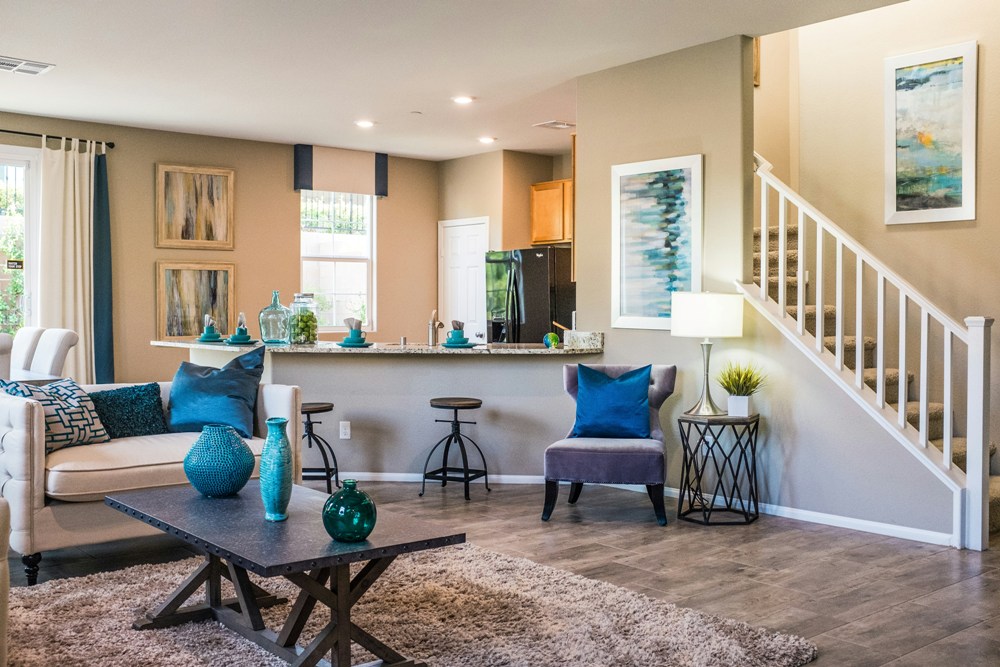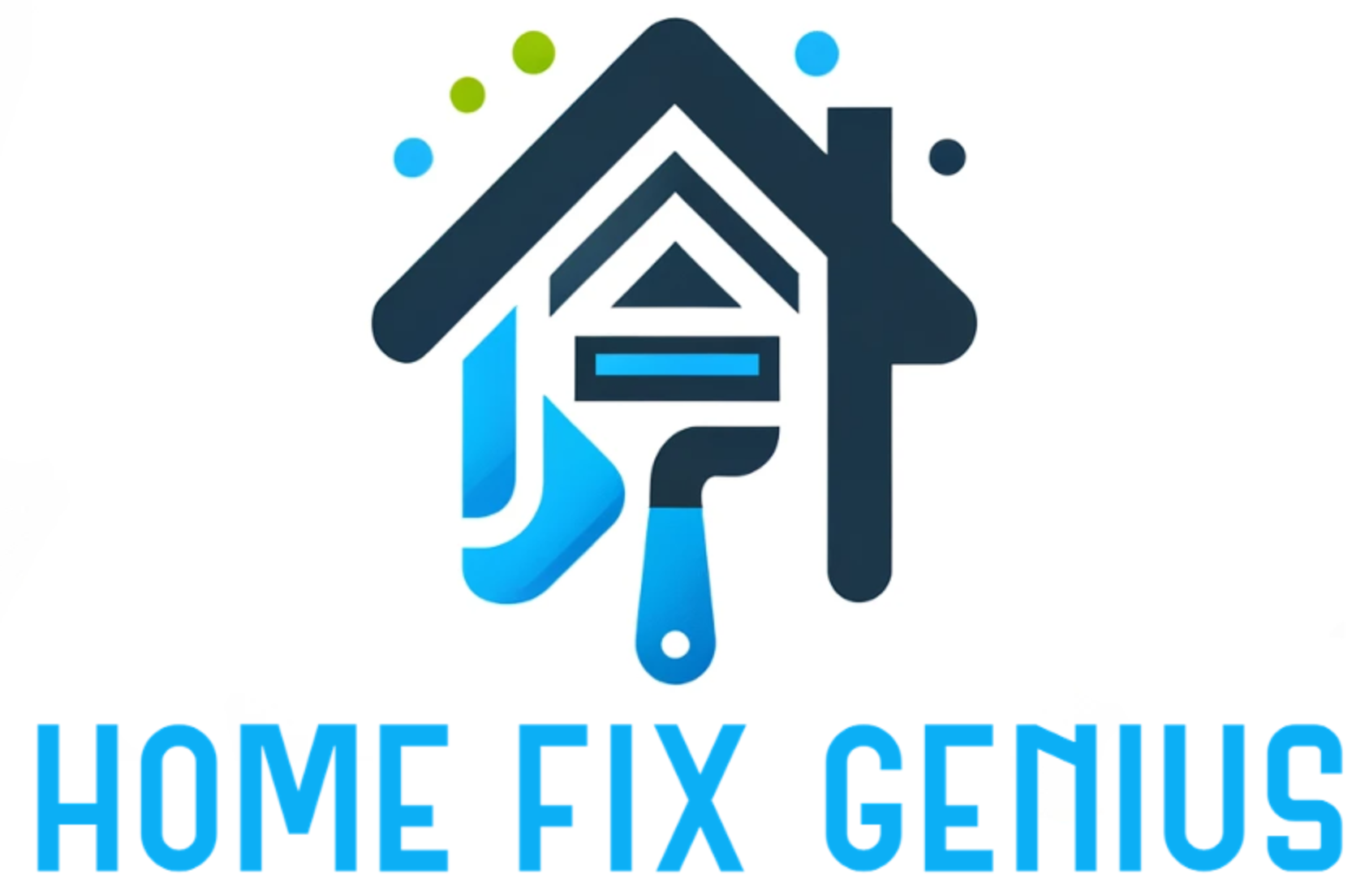
Thinking about sprucing up your home? Before you dive into renovations, it’s essential to consider how these improvements could affect your property taxes. While upgrading your home can increase its value and aesthetic appeal, it can also lead to higher tax assessments. In this guide, we’ll explore various home improvements and how they may impact your property taxes, helping you make informed decisions for your home.
Understanding Property Taxes
Before delving into specific home improvements, let’s first grasp the basics of property taxes. Property taxes are levied by local governments based on the assessed value of your property. This value is determined by factors like the size of your home, its location, and any improvements or additions made to it. Essentially, the more your property is worth, the higher your property taxes are likely to be. Understanding how property taxes are calculated is crucial for homeowners seeking to manage their expenses effectively.
How Property Taxes Are Calculated
Property taxes are typically calculated by multiplying the assessed value of your property by the local tax rate. The assessed value is determined by assessors who consider various factors, including recent sales of comparable properties, the size and condition of your home, and any improvements or renovations. Being aware of the factors that influence your property’s assessed value empowers you to make informed decisions about home improvements.
Home Improvements That Increase Property Taxes
While enhancing your home can boost its market value and appeal, certain upgrades may inadvertently raise your property taxes. Let’s explore some common home improvements that could impact your tax bill.
Room Additions
Expanding your living space with room additions, such as extra bedrooms or a sunroom, can increase your property’s assessed value. These additions add square footage and functionality to your home, making it more valuable in the eyes of tax assessors. Consider the long-term benefits of additional space versus potential tax implications before embarking on room addition projects.
Kitchen Remodels
A kitchen remodel is one of the most popular home improvements, but it can also lead to higher property taxes. Upgrading your kitchen with modern appliances, countertops, and cabinetry can significantly enhance your home’s value and, consequently, its tax assessment. Balance the desire for a stylish and functional kitchen with the potential for increased tax burdens.
Bathroom Renovations
Similar to kitchen remodels, renovating your bathrooms can increase your property taxes. Installing luxurious features like a spa tub, double sinks, or high-end fixtures can elevate the perceived value of your home, resulting in higher tax assessments. Prioritize renovations that align with your needs and lifestyle while considering their impact on property taxes.
Exterior Improvements
Enhancing your home’s curb appeal with exterior improvements like landscaping, new siding, or a fresh coat of paint can positively impact its value. However, these upgrades can also attract the attention of tax assessors and lead to higher property taxes. Strike a balance between improving your home’s appearance and managing potential tax implications.
Swimming Pools
Adding a swimming pool to your property can undoubtedly make it more appealing, especially during hot summer months. However, pools are considered luxurious amenities and can trigger higher tax assessments due to the added value they bring to your home. Consider the ongoing maintenance costs and potential tax implications before installing a swimming pool.
Home Office Additions
With the rise of remote work, many homeowners are adding dedicated home offices to their properties. While this can improve functionality and convenience, it may also result in higher property taxes if assessors perceive it as adding value to your home. Evaluate the necessity of a home office against the potential increase in property taxes and explore alternative workspace solutions if needed.
Mitigating the Impact
While it’s essential to consider the potential impact of home improvements on your property taxes, there are ways to mitigate any increases.
Check Local Regulations
Before undertaking any major renovations, familiarize yourself with local tax laws and regulations. Some areas offer exemptions or deductions for certain types of improvements, such as energy-efficient upgrades or renovations to accommodate disabilities. Researching local regulations can help you identify opportunities to minimize tax burdens associated with home improvements.
Budget for Increased Taxes
When budgeting for home improvements, factor in potential increases in property taxes. Understanding the long-term financial implications of your renovations can help you make more informed decisions and avoid any unexpected surprises. Consult with financial experts or tax professionals to estimate the impact of home improvements on your property taxes accurately.
Consider the Return on Investment
Evaluate the potential return on investment (ROI) for each home improvement project. While some upgrades may increase your property taxes, they could also significantly boost your home’s resale value, ultimately offsetting any tax increases. Prioritize projects that offer the greatest ROI while considering their impact on property taxes to maximize the value of your home improvements.
Conclusion
Home improvements can enhance your living space and increase the value of your property, but they may also lead to higher property taxes. By understanding how different renovations can impact your tax assessments and taking proactive steps to mitigate any increases, you can make informed decisions that benefit both your home and your finances.

Frequently Asked Questions (FAQs)
Will adding solar panels increase my property taxes?
Installing solar panels can increase your property’s value, but many jurisdictions offer tax incentives or exemptions for renewable energy improvements, which may offset any potential tax increases. Research available incentives and consult with tax professionals to understand the implications of installing solar panels on your property taxes.
Do minor repairs and maintenance affect property taxes?
Minor repairs and maintenance typically do not significantly impact property taxes. However, major repairs or renovations that increase your home’s value could result in higher tax assessments. Differentiate between routine maintenance and substantial improvements when considering their potential impact on property taxes.
Can I appeal my property tax assessment if it increases due to home improvements?
Yes, you can typically appeal your property tax assessment if you believe it is inaccurate or unfair. Providing evidence of recent comparable sales or demonstrating that the improvements do not justify the increase may support your appeal. Explore the appeals process in your area and gather supporting documentation to strengthen your case.
Will installing a home security system affect my property taxes?
Adding a home security system is unlikely to directly affect your property taxes. While it may increase your home’s value, assessors typically do not consider security systems when determining tax assessments. Focus on enhancing your home’s security and peace of mind without worrying about additional tax implications.
Are there any home improvements that can decrease property taxes?
Some energy-efficient upgrades, such as installing insulation or upgrading to energy-efficient appliances, may qualify for tax credits or deductions, potentially reducing your overall property tax burden. Explore available incentives for eco-friendly improvements and prioritize projects that offer both environmental and financial benefits.
